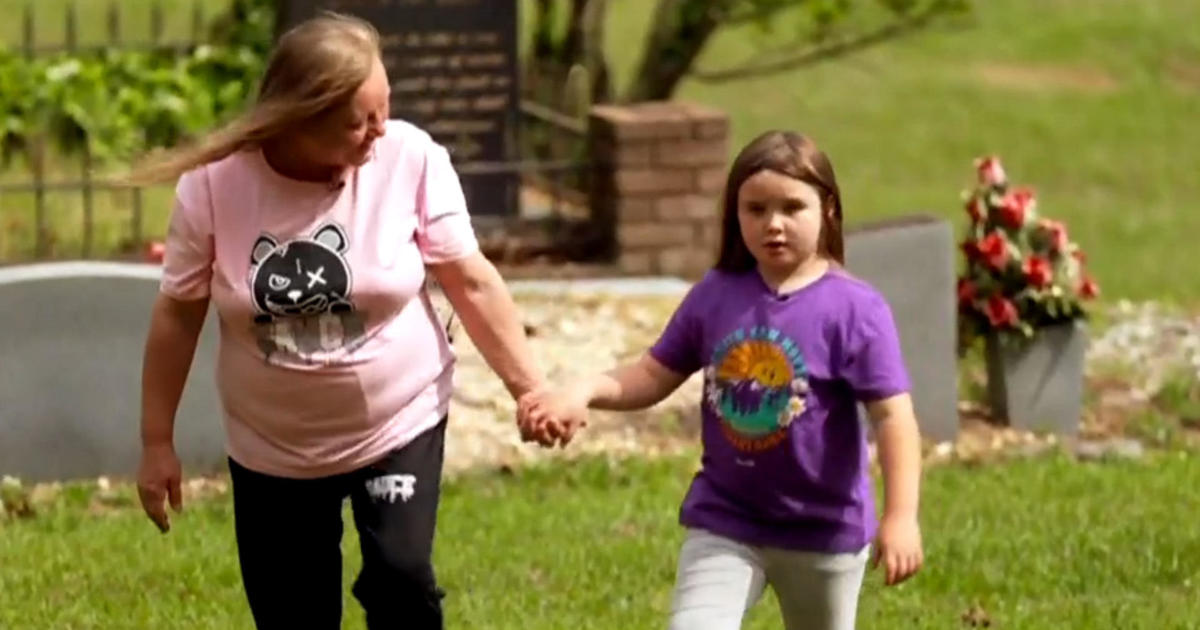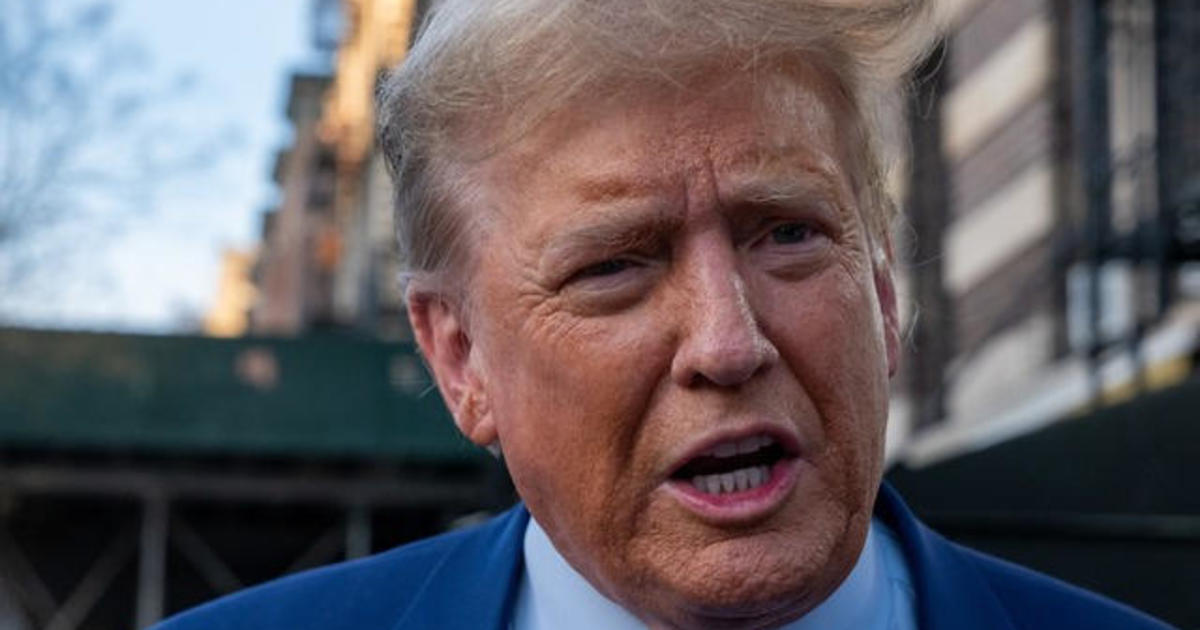Sinclair Broadcast Group: What you need to know
Sinclair Broadcast Group runs local broadcast news stations that reach almost 4 of 10 American households. And yet it was a video showing their anchors denouncing "fake news" that got many talking.
Sinclair's owners and parts of the local broadcasts have conservative leanings, and critics said the promotional videos, as published by Deadspin, looked like "corporate authoritarian propaganda."
President Donald Trump came to Sinclair's defense in a pair of tweets, one of which said: "The Fake News Networks, those that knowingly have a sick and biased AGENDA, are worried about the competition and quality of Sinclair Broadcast. The "Fakers" at CNN, NBC, ABC & CBS have done so much dishonest reporting that they should only be allowed to get awards for fiction!"
Sinclair owns or operates dozens of CBS and ABC stations, as well as Fox-affiliated stations.
In a statement, a Sinclair news executive said: "It is ironic that we would be attacked for messages promoting our journalistic initiative for fair and objective reporting, and for specifically asking the public to hold our newsrooms accountable."
The dust-up highlights the sharp divide between how Republicans and Democrats view the media. About 72 percent of Democrats say they have a fair amount of trust in the media, a two-decade high, while only 14 percent of Republicans say the same, according to Gallup.
Sinclair's roots go back to the early 1970s, with a single station in Baltimore, created by engineer Julian Sinclair Smith. His four sons later took over the business and expanded it through a series of station acquisitions starting in the 1980s.
Sinclair has a huge national reach. The company owns or operates more than 193 stations (full list), most of them affiliates of major TV networks, including CBS. Sinclair's stations are mostly located in small or mid-sized cities, like Norfolk, Virginia and Wichita, Kansas. Its largest stations by market size are in Washington, DC, where it runs the ABC affiliate WJLA, and Seattle, where it owns two ABC affiliates.
It says it's the biggest producer of local news. The company produces 2,400 hours of news each week, and in 2017 it hired more than 50 reporters to staff a national investigative news unit.
Critics say its local news has a conservative bias. "Last Week Tonight" host John Oliver highlighted Sinclair in 2017, focusing on its "must runs," scripts or segments that the company's stations are ordered to air. Many of those air conservative biases, Oliver said. Last year, the company hired former Trump White House staff member Boris Epshteyn as its chief political analyst, with progressive magazine Mother Jones criticizing his "softball interviews" with Trump administration members.
Sinclair's conservative bent picked up in the early 2000s, with coverage favorable to the war in Iraq, according to Vox, and continued in later years with political ads that promoted conservative causes and candidates.
A top Sinclair executive calls print news "meaningless dribble." David Smith -- who built the company with his three brothers -- recently told New York Magazine that he doesn't believe the print media has credibility. "The print media is so left wing as to be meaningless dribble," he said. He added that he predicts the industry will die away.
A pending merger with Tribune Media would expand its reach even more. Sinclair would reach 72 percent of American households if it closes its acquisition of Tribune Media stations. Seven of those Tribune stations are in 10 of the country's largest media markets. The merger is currently seeking regulatory approval from the FCC, which is reviewing whether the combined entity would have too much power.



